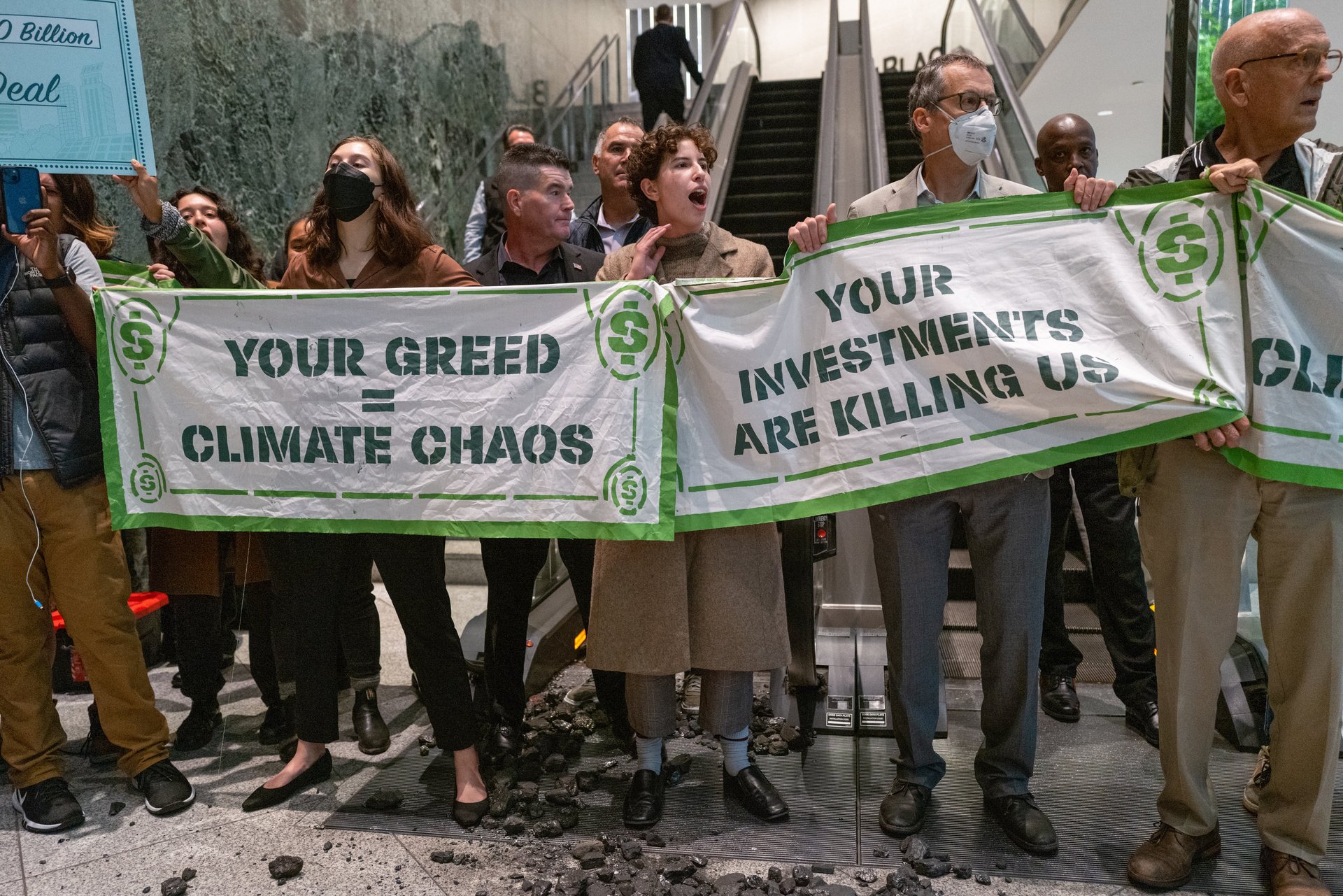These banks are the biggest funders of the fossil fuel industry
A list of investments since 2016 is topped by several US-based banks

Since the Paris Agreement in 2016, the biggest banks that fund the fossil fuel industry seem to have minimally decreased their support, and in some cases are actually increasing their funding.
Suggested Reading
That’s according to the 2022 Fossil Fuel Finance report (pdf), which is published by a conglomerate of organizations including Banktrack, Reclaim Finance, Oil Change International, the Sierra Club, and the Rainforest Action Network.
Related Content
The methodology of the report states that the authors totaled financing (lending, and underwriting of debt and equity issuances) from the world’s 60 biggest banks for the fossil fuel sector as a whole, as well as for top expanders of the fossil fuel industry and top companies in specific sectors.
According to the report, the worst offenders are JPMorgan Chase, Wells Fargo, Citi, and Bank of America. Other top bank financiers are RBC, MUFG, Barclays, Mizuho, Scotiabank, BNP Paribas, TD, and Morgan Stanley.
Perhaps the most troubling trend is the financing by JPMorgan Chase and Wells Fargo, which increased their fossil fuel funding since 2020 by $9.98 billion and $19.57 billion respectively. The Paris Agreement’s guidelines for banks included setting and publicly disclosing long-term and intermediate targets, among other goals to reduce global emissions.
Wells Fargo last May announced interim greenhouse gas reduction targets for oil and gas in an effort to claim net-zero emissions by 2050. JPMorgan Chase stated that it committed in October 2020 to align key sectors of its financing portfolio with what it considers to be the primary goals of the Paris Agreement. But the 2022 report shows that while these banks have made net-zero pledges and may be decreasing their own company carbon footprints, they are still heavily investing in fossil fuels.
JPMorgan Chase leads investments with 34% more than the next bank since 2016, having provided fossil fuel companies with $382.4 billion in funding since that year. Top investments from banks went to QatarEnergy, Gazprom, Saudi Aramco, ExxonMobil, along with a long list of other oil and gas companies.
Citi has funded a total of $285.3 billion since 2016, Bank of America has funded $232 billion, and Wells Fargo has funded $271.8 billion.
In total, the report found big banks around the world have put $4.58 trillion dollars toward fossil fuel companies since the Paris Agreement.
